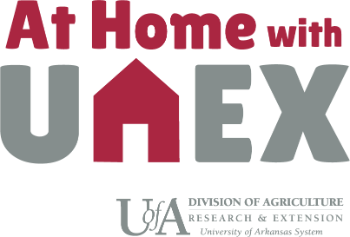Extension Homemakers Make Many Masks
Extension Homemakers Donate their Time to Make Many Masks
by Tracy Courage & Katie Cullum
Arkansas Extension Homemakers Council organizations have a long history of organizing and taking action, especially during times of crisis. They ran soup kitchens during the flu epidemic of 1918, canned vegetables during the flood of 1927 and throughout the Great Depression, and planted victory gardens to increase food supply during World War II.
As the COVID-19 pandemic took hold, EHC clubs found a new way to serve their communities: sewing cloth face masks that can offer some protection to those who have to be out in public.
The Centers for Diseases Control and Prevention now recommends that people wear face coverings in public settings, such as grocery stores and pharmacies, where it is difficult to maintain social distancing.
The masks can:

- Prevent you from touching your nose and mouth and spreading germs from your hands
- Protect your nose and mouth from large infected respiratory droplets from other people’s sneezes and coughs, but they don’t protect against tiny aerosol particles
- Keep others safe by limiting the transfer of infected respiratory drops from your coughs and sneezes onto surfaces that others may touch
With more than 350 clubs and 4,400 members in Arkansas, EHC members have sewn more than 27,000 masks statewide. Arkansas 4-H clubs also have contributed to the stockpile.
To learn how to get involved with Extension Homemaker Clubs, contact your local Cooperative
Extension Service agent or visit www.uaex.uada.edu. To find COVID-19 resources, visit uaex.uada.edu/COVID19.
